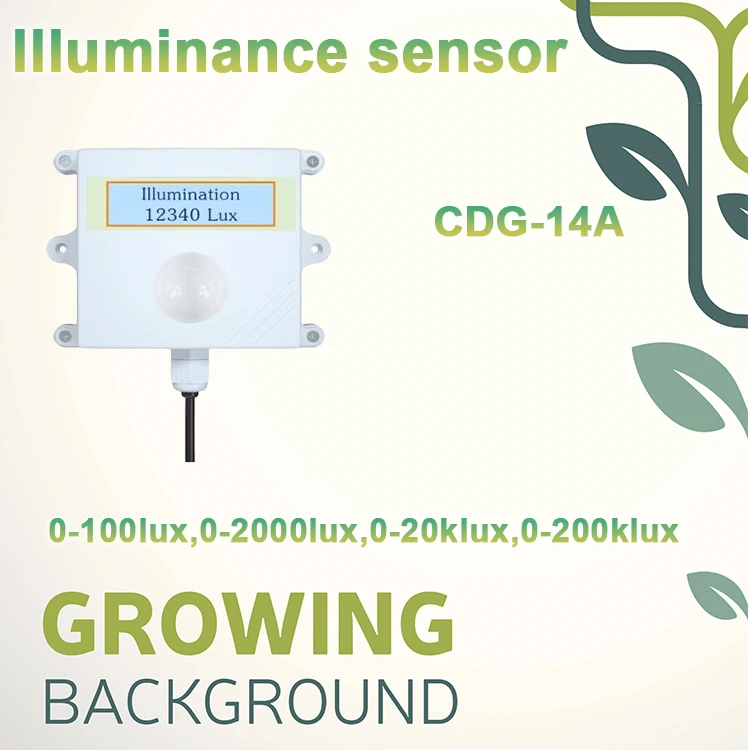
# Light Detector Technology and Applications
## Introduction to Light Detectors
Light detectors are essential components in various scientific, industrial, and consumer applications. These devices convert light energy into electrical signals, enabling the measurement and analysis of light properties. Modern light detector technology has evolved significantly, offering improved sensitivity, faster response times, and broader spectral ranges.
## Types of Light Detectors
### Photodiodes
Photodiodes are semiconductor devices that generate current when exposed to light. They are widely used in optical communication systems, light meters, and medical equipment. Their compact size and relatively low cost make them popular for many applications.
### Phototransistors
Phototransistors function similarly to photodiodes but provide amplification of the photocurrent. These devices are particularly useful in applications requiring higher sensitivity, such as object detection and light barriers.
### CCD and CMOS Sensors
Charge-Coupled Device (CCD) and Complementary Metal-Oxide-Semiconductor (CMOS) sensors are used in digital imaging applications. While CCD sensors traditionally offered better image quality, CMOS sensors have become increasingly popular due to their lower power consumption and faster readout speeds.
## Key Performance Parameters
When selecting a light detector, several parameters should be considered:
- Spectral response range
- Responsivity (output per unit of light input)
- Response time
- Dark current (noise in absence of light)
- Dynamic range
## Applications of Light Detectors
### Industrial Automation
Light detectors play a crucial role in industrial automation systems, enabling precise object detection, position sensing, and quality control in manufacturing processes.
### Environmental Monitoring
Advanced light detection systems are used in environmental monitoring to measure atmospheric conditions, detect pollutants, and study climate change patterns.
### Medical Diagnostics
In the medical field, light detectors are essential components of diagnostic equipment such as pulse oximeters, spectrophotometers, and imaging systems.
### Consumer Electronics
From smartphone cameras to ambient light sensors in displays, light detectors have become ubiquitous in consumer electronics, enhancing user experience and device functionality.
## Future Trends in Light Detection Technology
The future of light detector technology includes developments in quantum dot sensors, organic photodetectors, and integrated photonic systems. These advancements promise higher efficiency, better spectral selectivity, and the ability to detect single photons for quantum computing applications.
As research continues, we can expect light detectors to become even more sensitive, energy-efficient, and capable of operating across broader wavelength ranges, opening new possibilities in scientific research and commercial applications.
Keyword: light detector